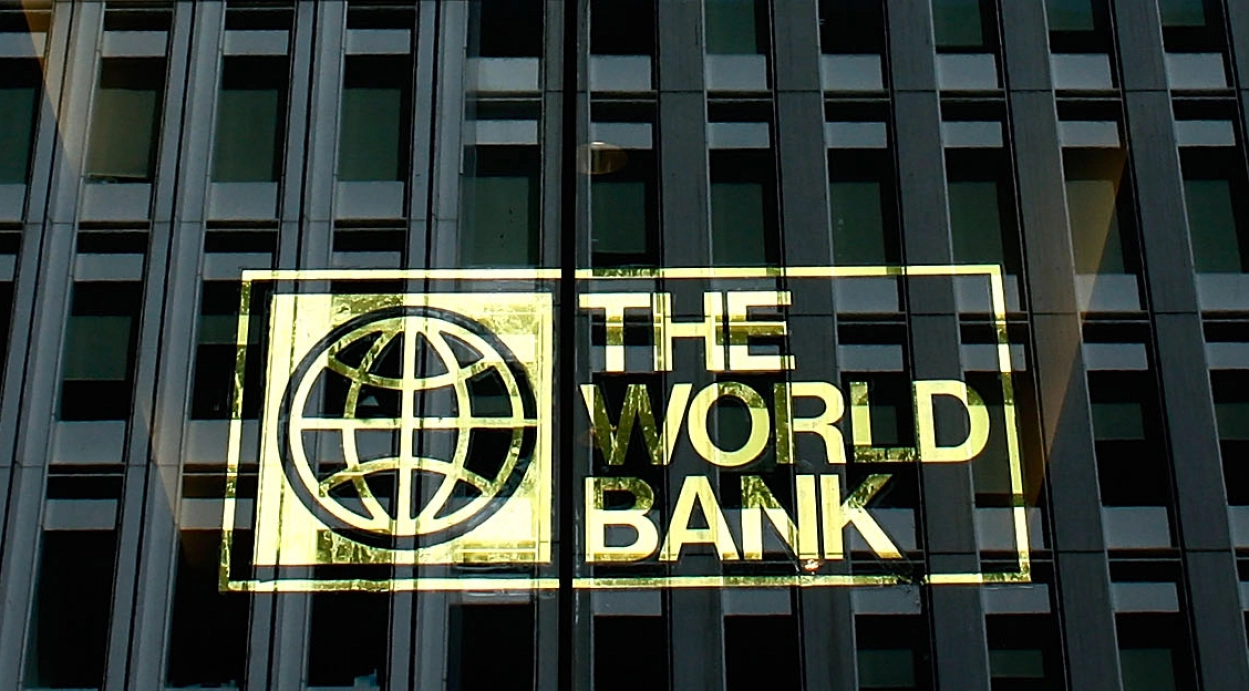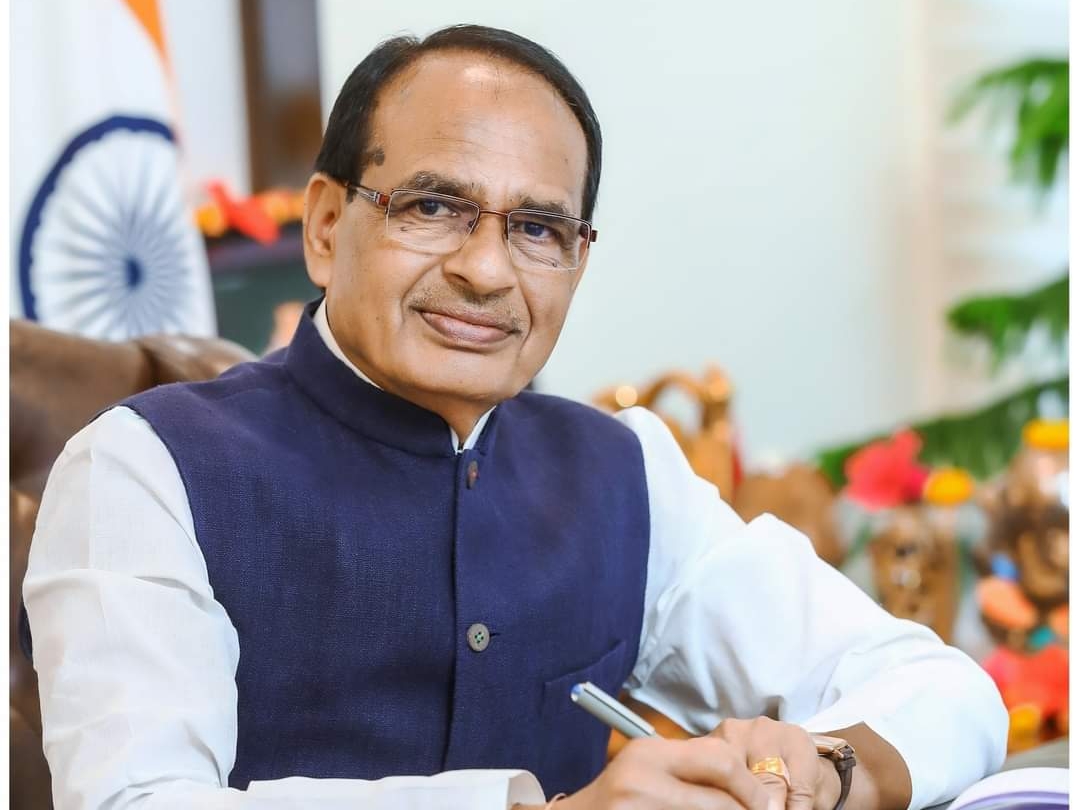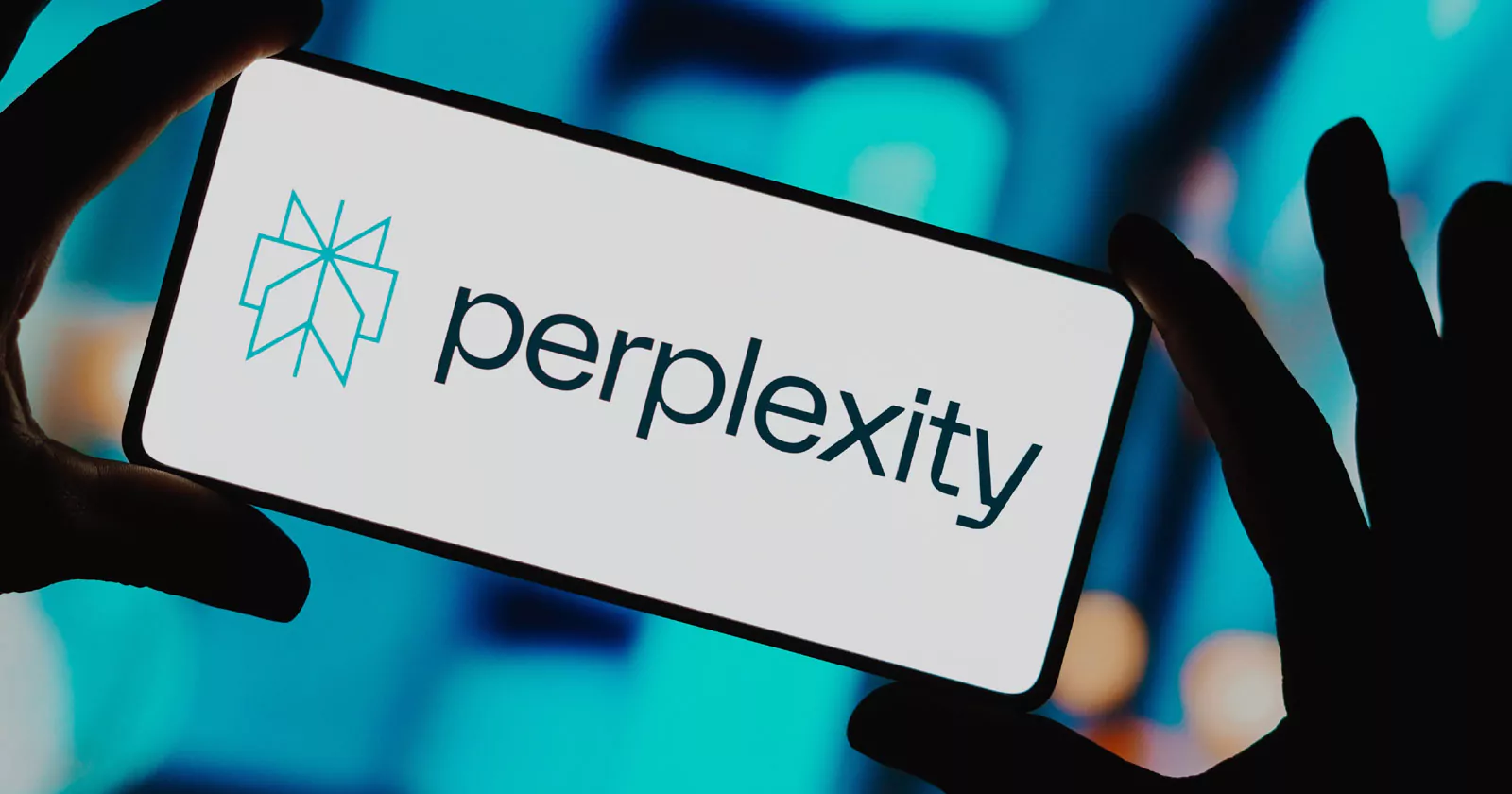SBI Guideline: Exchanging and Depositing ₹2,000 Notes Made Easy, No Requisition Slip Required

SBI Guideline: Exchanging and Depositing ₹2,000 Notes Made Easy, No Requisition Slip Required
New Delhi: Addressing the concerns and rumors surrounding the exchange and deposit of ₹2,000 notes, The State Bank of India (SBI) has released a guideline stating that the process can be completed “without obtaining any requisition slip.” This move aims to clarify any misconceptions and ensure a smooth transition for individuals wanting to exchange or deposit ₹2,000 notes. The guideline specifies that up to ₹20,000 worth of ₹2,000 notes can be exchanged or deposited at once.

Amidst the circulation of misinformation on social media claiming that a form and identity documents like the Aadhaar card would be required for exchanging the banned notes, the SBI has set the record straight. According to government sources, people can exchange ₹2,000 rupee notes up to ₹20,000 multiple times in a day. Individuals can stand in the queue and return to the same queue for subsequent exchanges, with no restrictions in place.
The Reserve Bank of India (RBI) has announced the withdrawal of ₹2,000 notes from circulation. Starting from May 23, the RBI’s 19 regional offices and other banks will accept ₹2,000 notes for exchange with lower denomination currency. It’s important to note that these notes will remain legal tender, and the RBI has stated that this action is part of its “Clean Note Policy.”
While the current deadline for exchanging or depositing ₹2,000 notes is September 30, the RBI may extend it if necessary. Even after the deadline, any ₹2,000 notes in possession will continue to be valid tender, according to reliable sources.
It is not mandatory for individuals to be existing customers of a bank in order to exchange the soon-to-be-discontinued ₹2,000 currency. Non-account holders can exchange ₹2,000 banknotes up to a limit of ₹20,000 at any bank branch.
Furthermore, the RBI has clarified that no fee will be charged for availing the exchange facility. Banks have been instructed to make appropriate arrangements to minimize inconvenience for senior citizens and individuals with disabilities who wish to exchange or deposit ₹2,000 banknotes.
Approximately 89% of the ₹2,000 denomination banknotes were issued before March 2017 and are approaching the end of their estimated lifespan of four to five years. As of March 31, 2023, the total value of these banknotes in circulation has decreased from ₹6.73 lakh crore (37.3% of total notes in circulation) to ₹3.62 lakh crore, constituting only 10.8% of notes in circulation, according to the RBI.
The central bank has emphasized that ₹2,000 notes are not commonly used for day-to-day transactions. A similar withdrawal of notes from circulation was previously undertaken by the RBI in 2013-2014.




